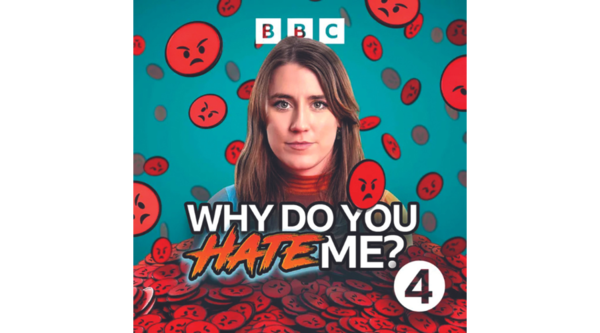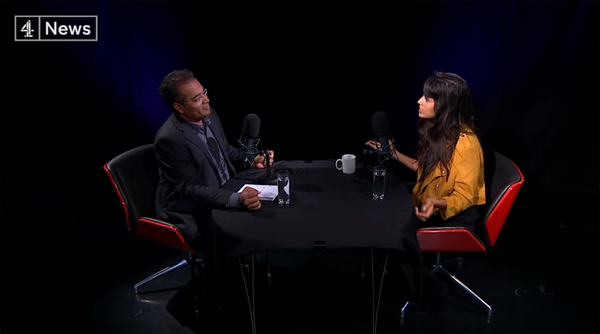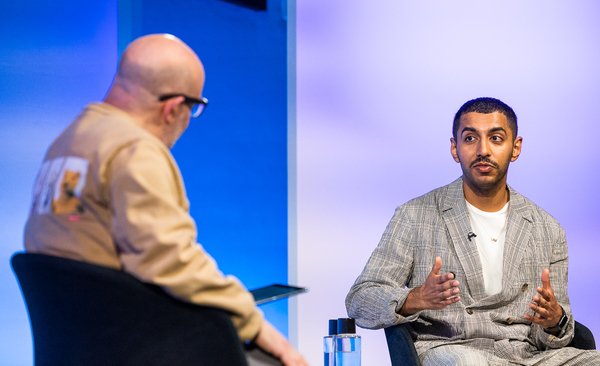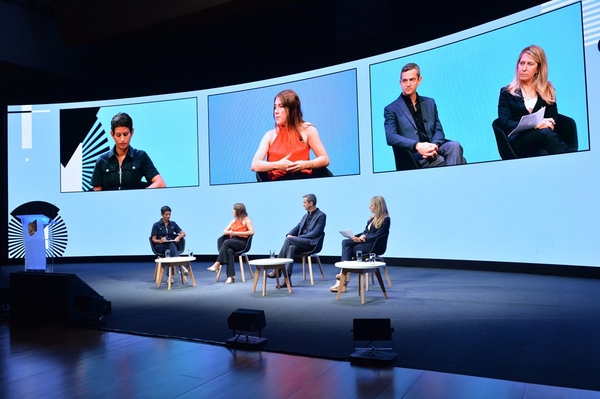Marianna Spring on trolls, social media and the US election
At an RTS event last month, BBC correspondent Marianna Spring discussed being on the receiving end of abuse from trolls supporting Elon Musk – and how she deals with it.
Investigating social media, she explained, “triggers a wave of trolls and conspiracy theorists in a way that I didn’t used to experience. But I think, for me, the most positive way of dealing with that is [to think] I wouldn’t be doing my job right if... I wasn’t getting that kind of response.”







